Billions of dollars in research operations, more than 1000 developers, mysterious workshops – the Apple iCar looks set to revolutionise personal mobility, bringing with it technologies that promise to alter the way we have traditionally used and perceived the car.
While Apple has refused to confirm or deny the project, a letter sent by Apple's director of product integrity Steve Kenner to US National Highway Traffic Safety Administration (NHTSA) authorities in November 2016 seems to suggest the project is ongoing. “To maximise the safety benefits of automated vehicles, encourage innovation, and promote fair competition, established manufacturers and new entrants should be treated equally,” says the letter, seen by the BBC, suggesting Apple is trying to pave the way to enter the car market on equal terms with its established rivals.
In the letter Apple also proposes that car companies share data from crashes and near-misses in order to pool data on autonomous technology and thereby design better systems. However, it also acknowledges that this should only be done if does not breach an individual's privacy.
Autocar understands that behind a heavy veil of secrecy, the Apple iCar has now progressed to what insiders describe as committed project status. Here we outline the electric car every established automotive manufacturer secretly fears.
Read more: Top 10 best electric hatchbacks of 2018
The story behind the Apple iCar
Behind the pre-fabricated aluminium façade of a large building at the rear of an industrial estate in Sunnyvale, California, USA, work is progressing on what could possibly be the most significant car to emerge since Karl Benz’s ground breaking Benz Patent-Motorwagen first introduced the world to the motorised carriage 130 years ago.
The nondescript factory unit, located at 960 Kifer Road, houses an electric car workshop run by Apple – the US-based electronics giant whose iconic products have revolutionised the way we work, use our free time and converse with one another on a day-to-day basis. Known simply to Apple employees as SG6, the otherwise unremarkable building has been the subject of intense speculation since Sunnyvale city council documents revealed a secretive shell company formed by Apple had leased the site in November 2015.
The electric car development being carried out at the heavily shielded workshop in the middle of Silicon Valley is treated with the same all-encompassing confidentiality as work being focused on other future Apple products. Precious little about its operations are known outside the tight-knit circle of engineers, software specialists and construction experts posted there.

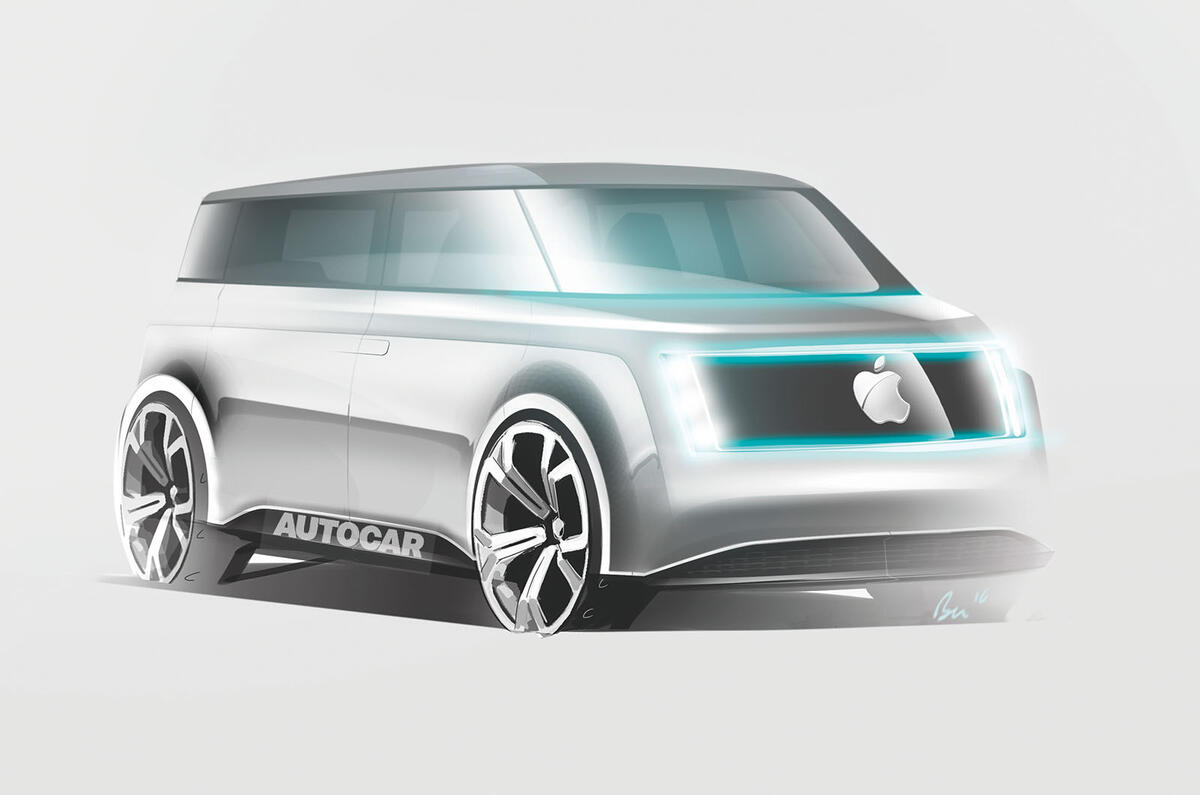


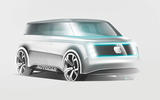



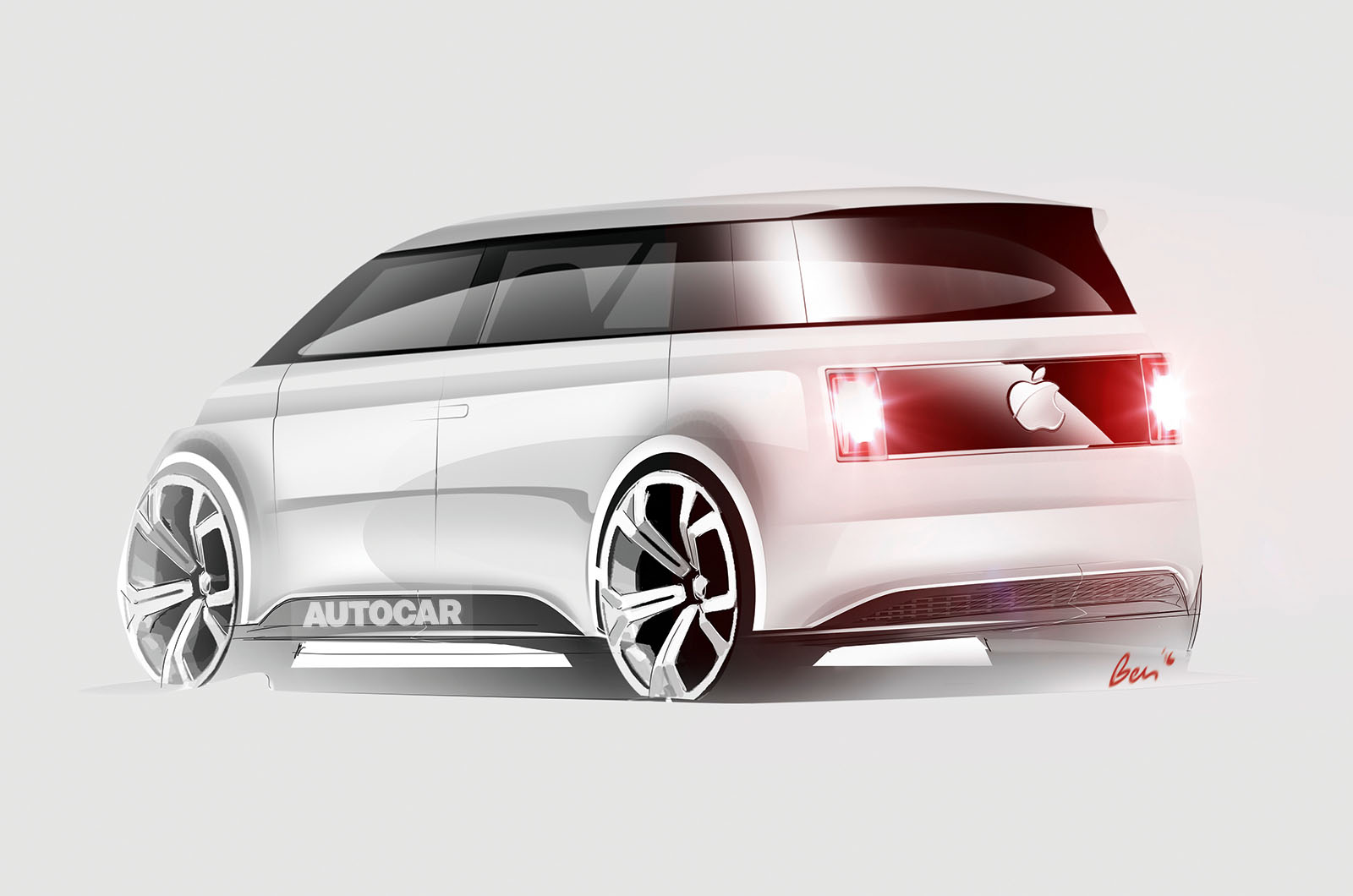
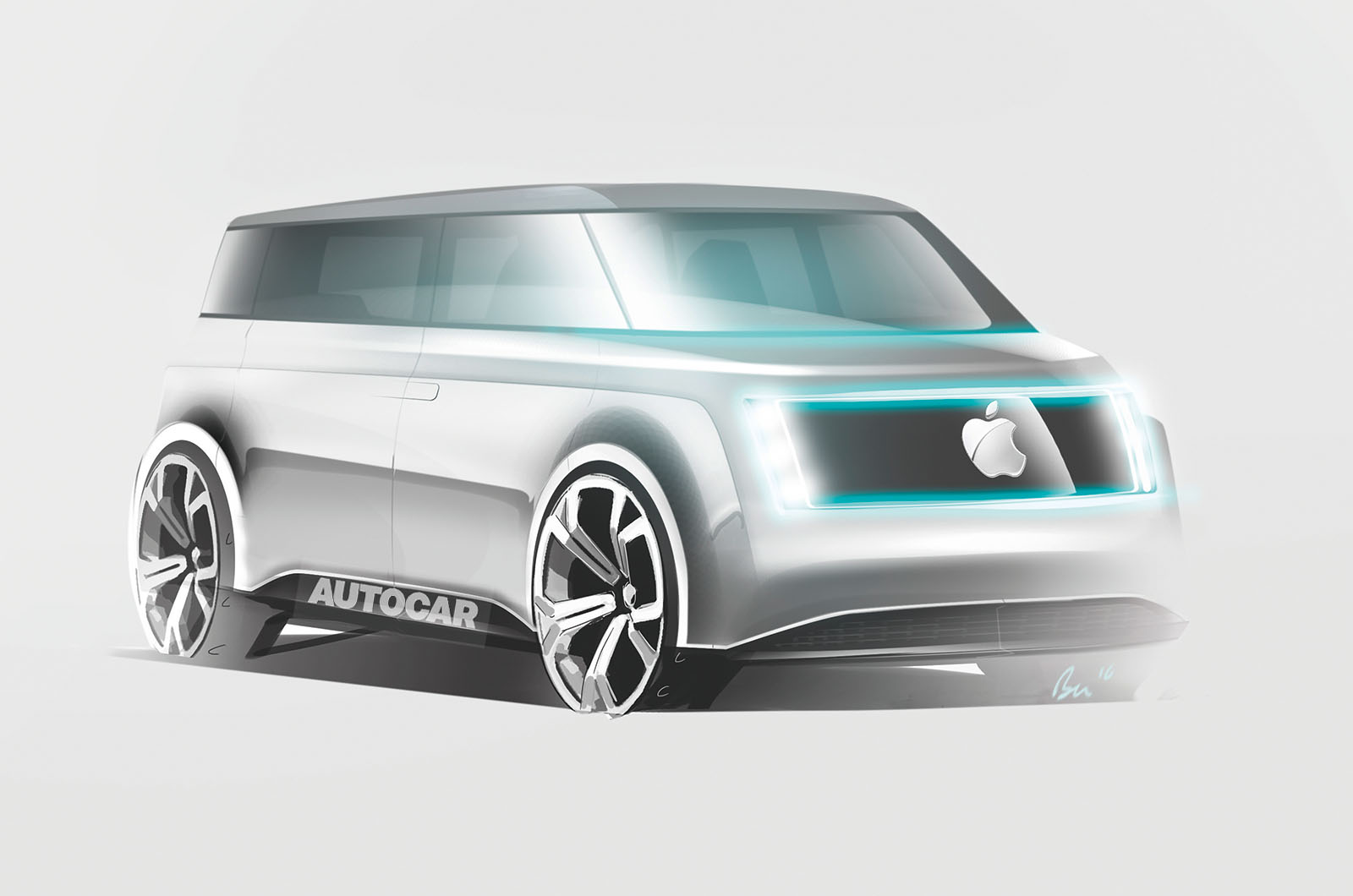
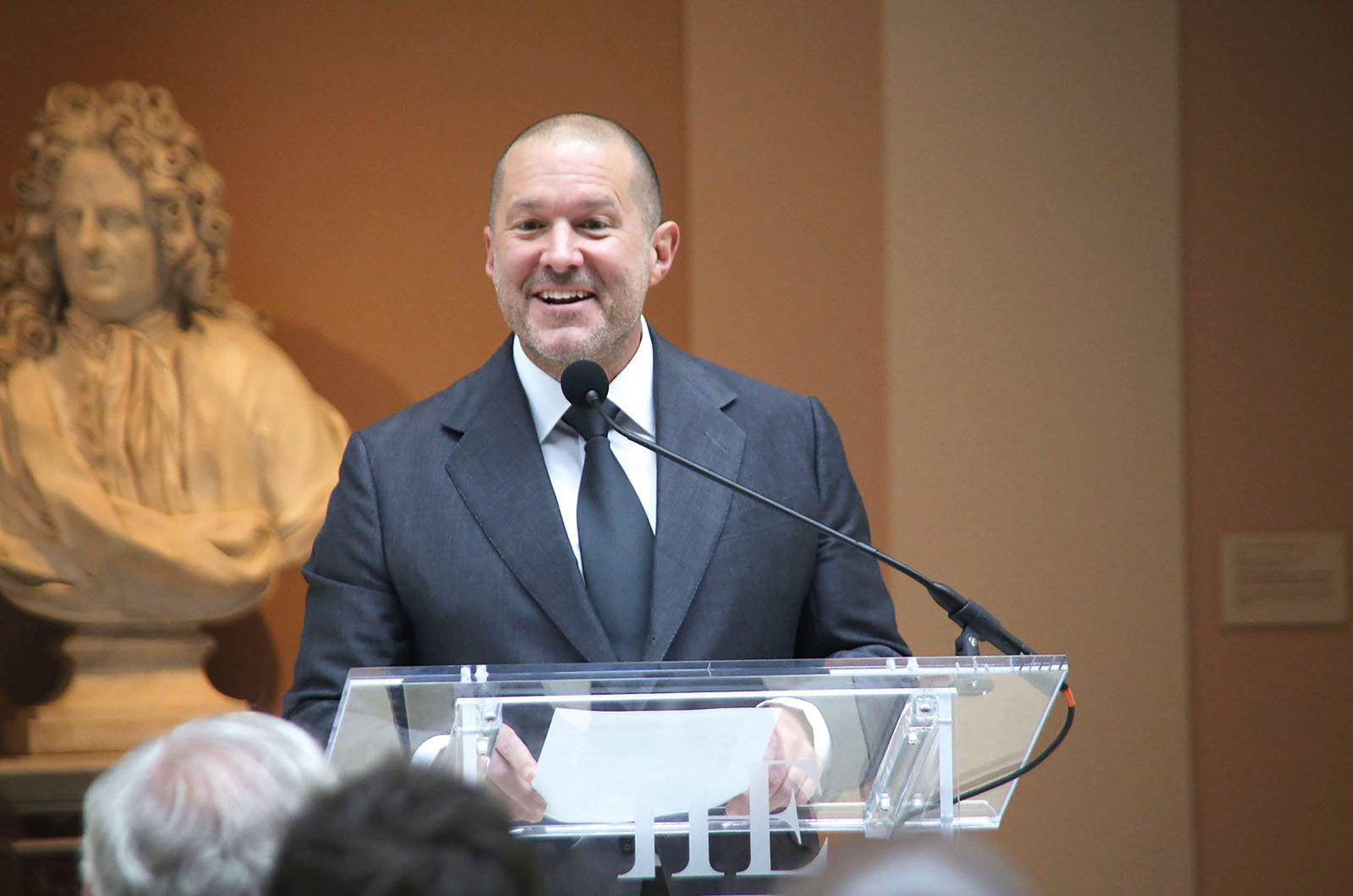

Join the debate
Add your comment
It will have to be as cheap as chips if it only lasts two years
Oh dear...
The trick is not autonomy, but developing the infrastructure to enable such autonomy.
The only way the established